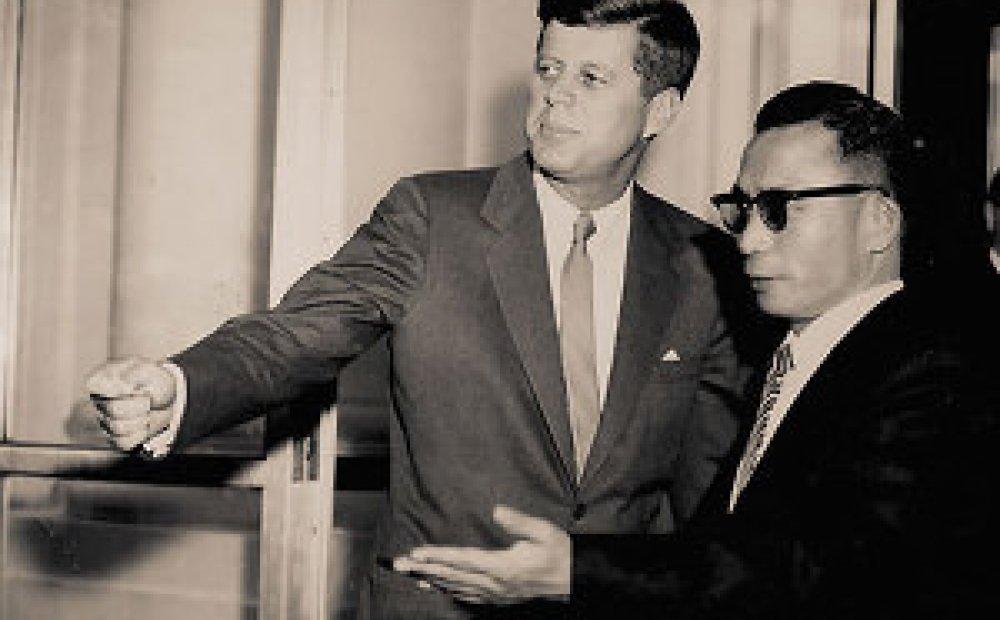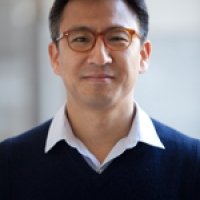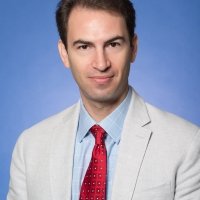Between Scylla and Charybdis: US Cold War Strategy and the Question of Democracy in South Korea, 1961-1972

In a presentation entitled "Between Scylla and Charybdis: US Cold War Strategy and the Question of Democracy in South Korea, 1961-1972," Dr. Sang-Yoon Ma, Associate Professor in the School of International Studies, The Catholic University of Korea, and History and Public Policy Scholar at the Woodrow Wilson Center, will explore the motives and considerations behind U.S. policy towards the question of democracy and dictatorship in South Korea during the years between 1960 and 1972.
It is often assumed that the United States supported a rightwing dictatorship in South Korea because of its anti-Communist containment strategy during the Cold War. Although this assumption appears to match well with the actual course of US policy in a broad sense, a close examination of the historical record renders a more nuanced appraisal of the U.S. role in South Korean politics during its formative years.
Even within the narrow confines of anti-Communism, the United States had options to strengthen democratic practices and institutions in South Korea and it often did try to do so. During the period under examination, however, U.S. policy was more successful in constraining the authoritarian tendencies of the Korean leadership than with promoting democracy. Furthermore, the combination of U.S. misunderstanding of Korean political dynamics, its impatience with slow progress, and the Korean leadership’s increasing confidence in its own methods gradually deprived the United States of any meaningful policy choices except for disengagement from Korean politics, particularly as the notorious Yushin Constitution was introduced in 1972.
Joining Ma on the panel is Gregg Brazinsky, Associate Professor of History and International Affairs at The George Washington University, former fellow at the Woodrow Wilson International Center for Scholars, and author of Nation Building in South Korea: Koreans, Americans, and the Making of a Democracy (University of North Carolina Press, 2007).
Christian F. Ostermann, director of the Wilson Center's History and Public Policy Program, will chair the event.
Speakers

Associate Professor in the School of International Studies, The Catholic University of Korea.

Professor of History and International Affairs, The George Washington University

Hosted By

North Korea International Documentation Project
The North Korea International Documentation Project serves as an informational clearinghouse on North Korea for the scholarly and policymaking communities, disseminating documents on the DPRK from its former communist allies that provide valuable insight into the actions and nature of the North Korean state. Read more


Cold War International History Project
The Cold War International History Project supports the full and prompt release of historical materials by governments on all sides of the Cold War. Read more


History and Public Policy Program
A leader in making key foreign policy records accessible and fostering informed scholarship, analysis, and discussion on international affairs, past and present. Read more
